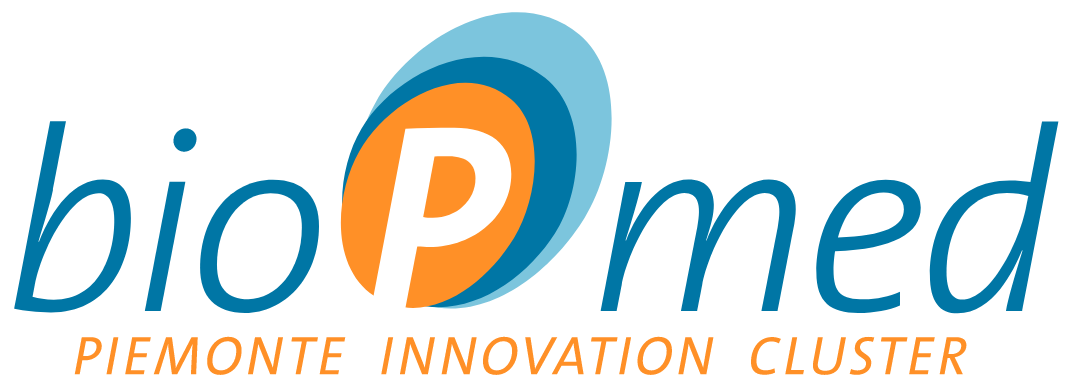Details
Project title: Active Biomedical MAGnesium
Acronym: A.B.Mag.
Coordinator: Intrauma Srl
Type: Feasibility Study
Annuality: Fourth
TP/LS membership: TecnInn/HMNA2
Status: Completed
Download report »
Abstract: This feasibility study aims to evaluate the applicability of magnesium-based alloys for the production of implantable biomedical devices with a focus on the trauma field. The use of biocompatible magnesium alloys coupled with appropriate control of degradation dynamics is a more advantageous solution, avoiding the complications associated with the use of standard metal alloys. Thus, the main objective was to evaluate the possibility of introducing alloys with composition to the market that would optimize their mechanical properties, physical properties and degradation in a physiological environment.
Name: Piero Costa
Organization: Intrauma S.r.l.
Address: Via Rovigo 4, 10098 Rivoli (To)
Phone: 011.9539496
Fax: 011.9588385
E-mail: piero.costa@intrauma.com
WEB: www.intrauma.com
THE PROBLEM ADDRESSED
The use of magnesium alloys for the fabrication of medical devices represents a possible alternative to try to solve or overcome numerous limitations presented by the state of the art medical devices for applications in Traumatology, which are made of metal or polymeric alloys.
The primary objective of the feasibility study was to provide the necessary inputs for the future fabrication of medical devices in different Magnesium alloys by analyzing and comparing the chemical-physical and mechanical properties of the alloys identified as performing best in the Trauma and Orthopedic fields. Two alloys in particular were chosen because they had greater advantages over their competitors:
- total absence of rare earths and aluminum as stabilizing elements in the alloy;
- degradation that is relatively more stable than the other solutions analyzed, which ensures that the production of hydrogen bubbles, resulting from electrolytic reactions in a physiological environment, is significantly lower than in alloys with different compositions;
- assurance of optimal mechanical properties for trauma applications such as in the maxillofacial area, in the case of resorbable interference screws for knee cruciate ligament repair, or for screws for hand bone fracture reduction;
- possibility for semi-finished alloy products to be further treated through chemical or physical surface treatments or through mechanical processes that allow further increase in mechanical properties and greater uniformity of degradation in vivo.
THE ACTIVITIES CARRIED OUT
The scope of the feasibility study was ambitious and involved breaking down into specific, interrelated activities. Once the best-performing alloys were chosen (WP1), they were procured and some tests were carried out to evaluate the machinability of the magnesium alloys, and a processing protocol was carried out by the partnership, which also made test specimens from some raw material rods of both alloys (WP2). Subsequent experimental tests, aimed in this feasibility study at confirming the mechanical and chemical-physical properties of the procured alloys, confirmed what had been budgeted, with static tensile tests being carried out on specially machined specimens. The results were encouraging both in tests performed under standard, “dry” conditions (WP3), and in tests performed in Simulated Body Fluid, with the alloys retaining the mechanical properties predicted in the literature in the 3-month tests, and passing the initial biocompatibility tests (WP4) positively.
PROJECT RESULTS
The feasibility study partnership A.B.Mag. met all the goals budgeted at the beginning of the
activities, increasing during the course of the same the mutual cooperation and skills of all
partner. In particular, the following technological goals were achieved:
- choice of biodegradable Magnesium alloys that do not count rare earths or aluminum among the alloying elements minimal toxicity of the alloy;
- stable and relatively “programmable” degradation of alloys, with minimal production of hydrogen pockets around the plant;
- lower medium-term side effects for the patient;
- optimal mechanical properties (and can be further improved through mechanical processes) for trauma applications;
- strong interest in the development of medical devices for maxillofacial applications, resorbable interference screws for knee cruciate ligament repair or screws for hand bone fractures.
Such important results may be an important starting point for further development, which the duration and budget related to a feasibility study cannot guarantee. In fact, a number of strategic objectives for the exploitation of the results have been budgeted by the project partnership, aimed at evaluating the merits to proceed with the design and development of medical devices for the applications recognized as important at the beginning of the feasibility study, characterized by mechanical requirements that magnesium alloys can address, and the advantage of in vivo biodegradability, which would allow substantial savings in terms of indirect, but also direct, costs associated with the implantation of such synthetic media.
PROJECT NUMBERS
- Other Private Partners : Medicomp S.r.l.
- Other Public Partners: Polytechnic of Turin
- Total number of partners: 3
- Number of employed researchers (fixed-term and permanent and co.co.pro.) involved: 5
- Duration in months: 12
- Total budget: 116.388,67€
- Funding: 57.144,00€
- Number of permanent, fixed-term and co.co.pro. jobs created: 1
- Number of jobs retained at the end of the project: 1
- Number of public researchers involved:2
